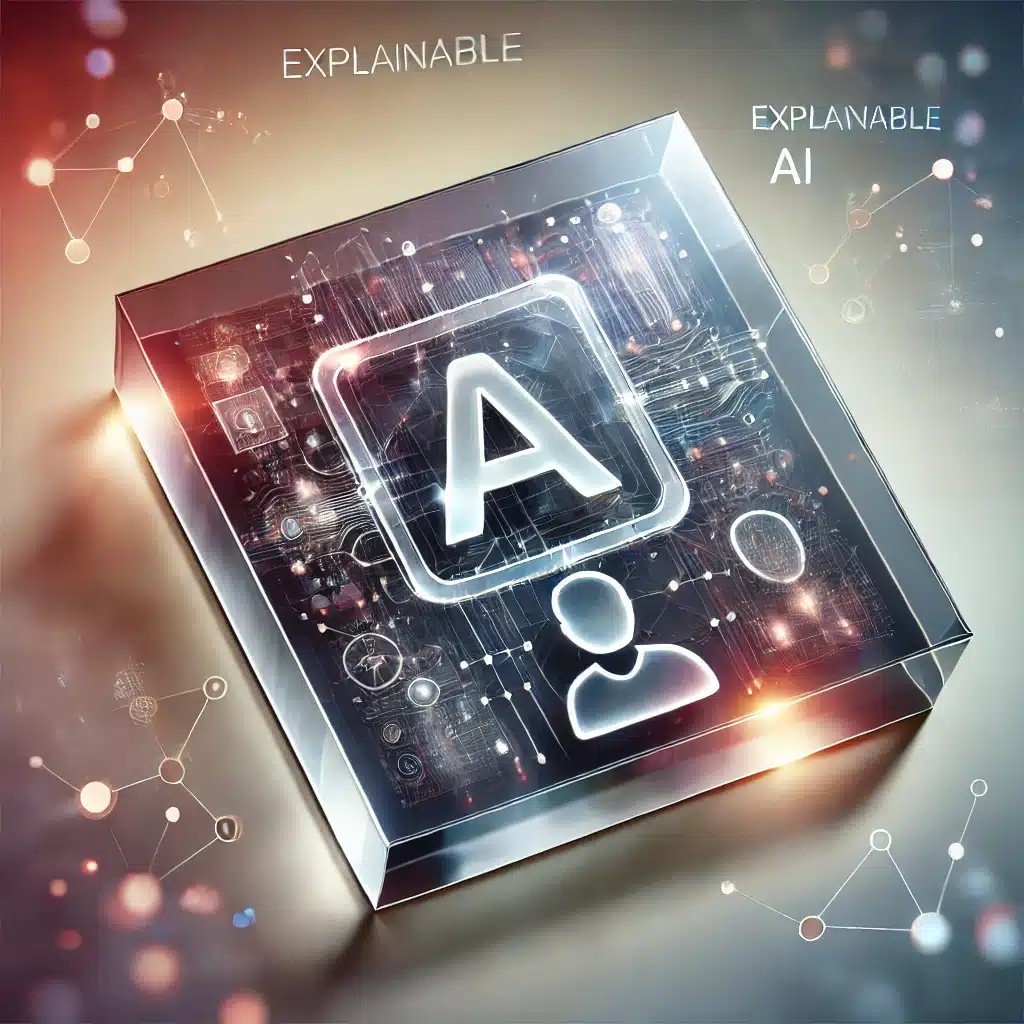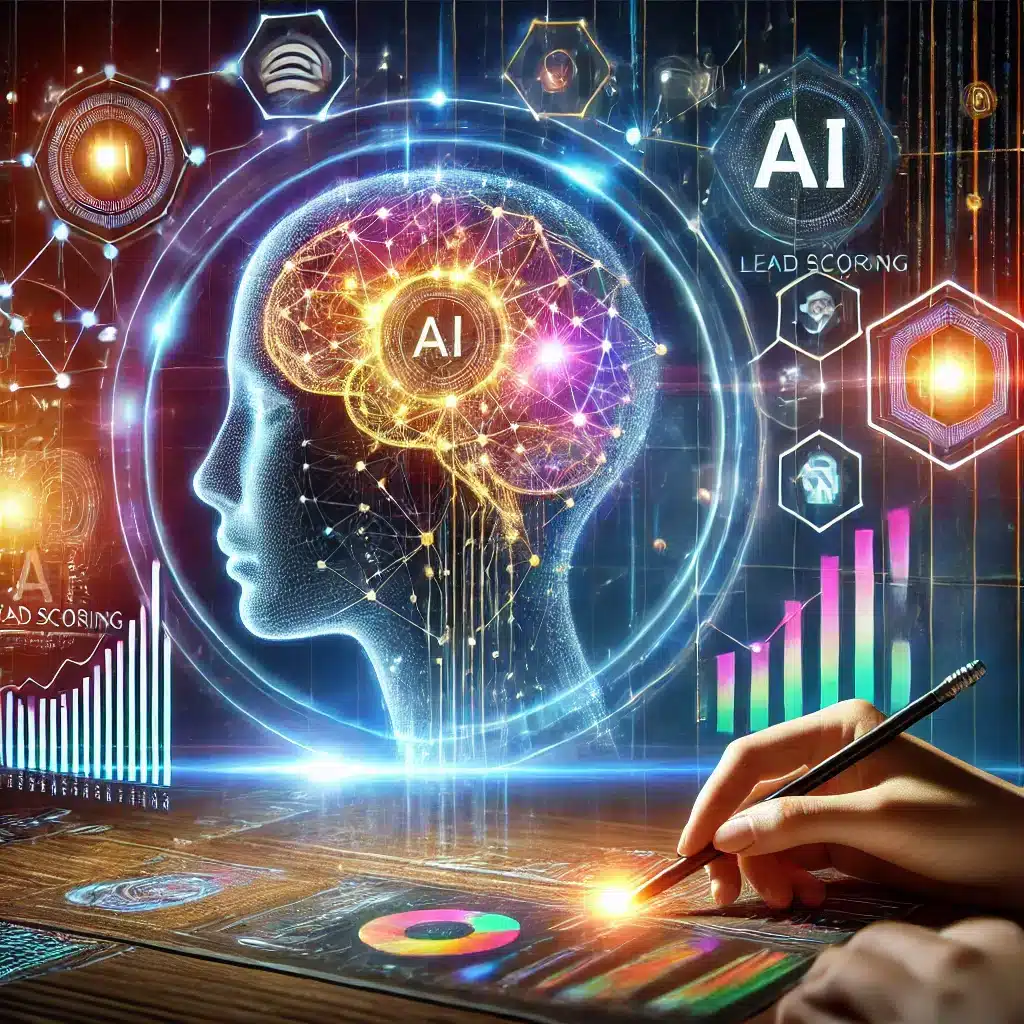The Reality of AI vs. Human Creativity
Artificial intelligence (AI) has made significant strides in many fields. In marketing, it has automated tasks and provided data-driven insights. However, it still lacks the creativity and emotional depth of human beings.
For instance, the London Standard’s AI-generated review of Van Gogh’s exhibition attempted to mimic late art critic Brian Sewell. It failed miserably. Sewell’s authentic voice and keen observations were missing. The AI’s rendition was a caricature, lacking the nuances that made Sewell’s reviews compelling (source).
AI’s Shortcomings in Creativity
Moreover, AI cannot replicate the raw honesty Sewell brought to his writings. His critiques were a product of his personal experiences and deep understanding of art. Consequently, AI’s neutral and classless tones fall flat in capturing the essence of art criticism. Similarly, AI struggles with conveying emotions, a critical element in marketing.
Conversely, human marketers can draw on their life experiences, emotions, and interactions. These aspects are vital in creating impactful campaigns. Additionally, human creativity allows for more relatable and innovative content that can adapt to changing trends and audience preferences.
The Importance of Human Insight
Furthermore, human insight can address cultural nuances and values. Marketers often need to craft messages that resonate on a deeper level with specific demographics. AI lacks this level of understanding and often misses the mark.
Additionally, the emotional connection humans provide is irreplaceable. Personal experiences and stories evoke empathy and engagement, which are crucial for branding and customer relations. AI, however, can only simulate these aspects to a limited extent.
Preserving Authenticity in Marketing
The misuse of AI without considering its limitations can lead to inauthentic or even harmful outputs. For example, the London Standard’s AI imitation of Sewell highlights the risk of losing authenticity. AI should complement, not replace, human creativity.
Conclusion
In summary, while AI tools are valuable in marketing, they should not overshadow human creativity. Effective marketing relies on the unique insights and emotional depth that only humans can provide. Therefore, businesses must balance AI-driven efficiency with the irreplaceable value of human creativity.



